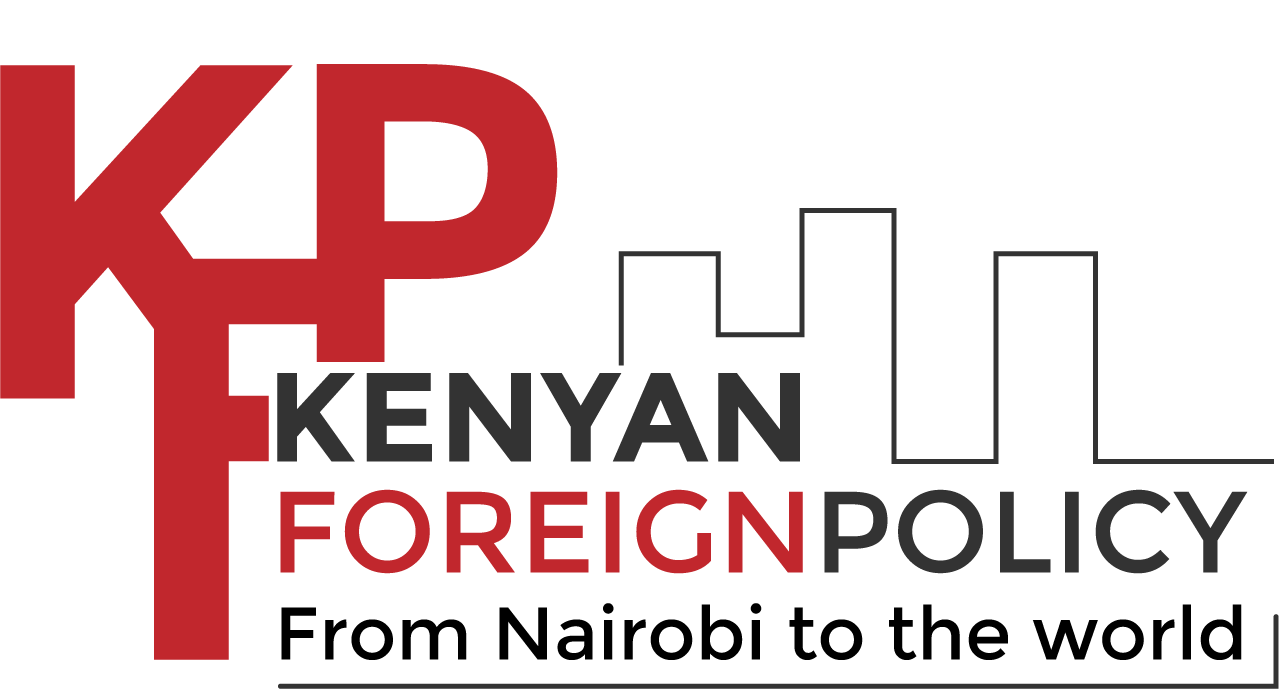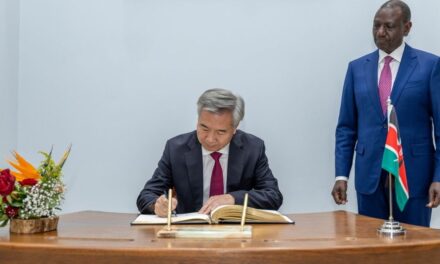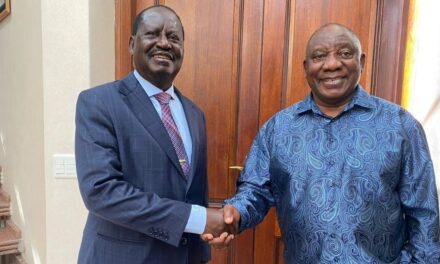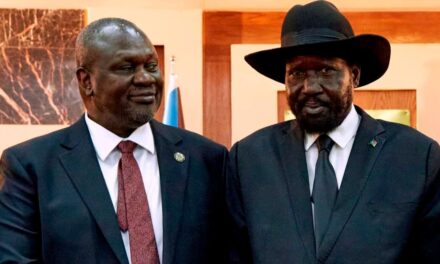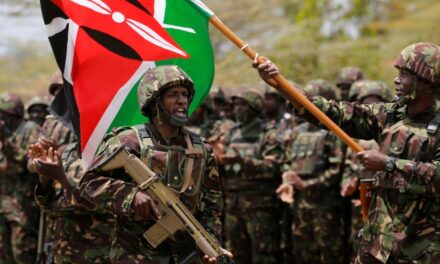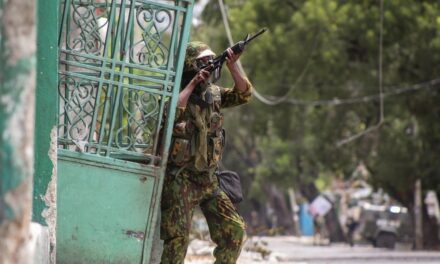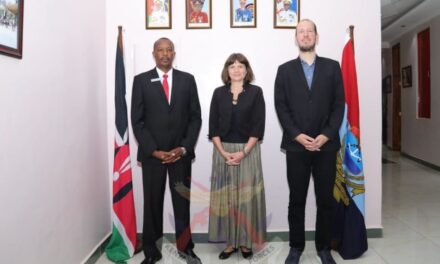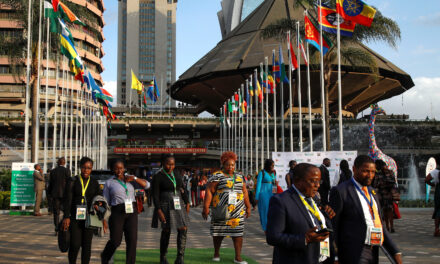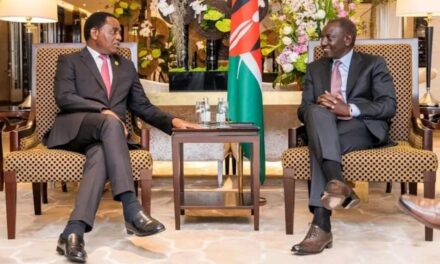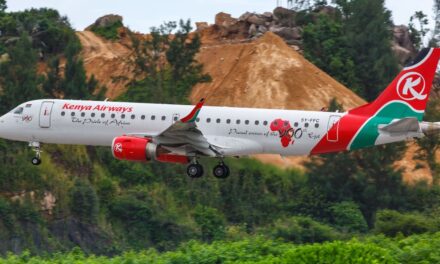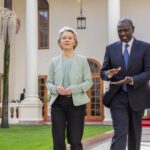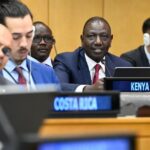

By Mwangi Maina
| November 8, 2024

Kenyan President William Ruto and U.S. President Joe Biden shake hands during hold a joint press conference at the White House in Washington, U.S., May 23, 2024. Photo: Reuters
Kenyan President William Ruto on Thursday held phone talks with U.S. Secretary of State Antony Blinken on the future of the Kenya-led Multinational Security Support Mission (MSS) in Haiti.
The two discussed a potential shift to transform the Kenya-led police operation into a UN peacekeeping mission, a move aimed at strengthening efforts to stabilize the Caribbean nation.
This discussion comes as former U.S. President Donald Trump gains momentum in his political comeback, raising concerns about the future of U.S. backing for the Haiti mission.
Keep Reading
Kenya’s Haiti Mission: Financial Gains or Genuine Empathy?
Trump’s well-known opposition to foreign aid and skepticism of international interventions could hinder the funding and logistical support initially anticipated from Washington for the MSS.
The mission’s transition to UN peacekeeping could, however, unlock broader international support and bolster its stability-building aims in Haiti.
UN member states have shown waning interest in Haiti interventions, as reflected by the limited contributions to the UN fund for the mission.
Following a Republican victory in the recent elections, they had previously blocked funding for the hurriedly assembled Kenya-led police mission.
With Trump’s potential return to the White House, Nairobi faces the prospect of diminished U.S. support and has increasingly pushed to shift the mission to UN command.
The Biden administration had fast-tracked the mission as part of an effort to demonstrate U.S. involvement in stabilizing Haiti amid rising concerns about immigration flows from the region.
The UN Security Council had initially approved the MSS mandate for 12 months, with Kenya deploying around 400 police officers to Port-au-Prince, from an expected total of 1,000 personnel.
Yet, the mission has faced criticism over delays in securing essential equipment and personnel, limiting its effectiveness against Haiti’s armed gangs.
Rising frustration among Haitians has prompted many to label the Kenyan deployment as “tourism,” as some locals question the mission’s impact on gang violence that has displaced over 578,000 people.
The idea of a UN peacekeeping force in Haiti remains controversial, stemming from past issues, including a cholera outbreak introduced by UN troops and a series of allegations of sexual misconduct.
Nevertheless, in October, the Haitian government submitted an official request for a UN blue-helmet force to support national police in combating powerful criminal gangs, highlighting the urgency of stabilizing the country amid worsening security conditions.
Your support empowers us to deliver quality global journalism. Whether big or small, every contribution is valuable to our mission and readers.
